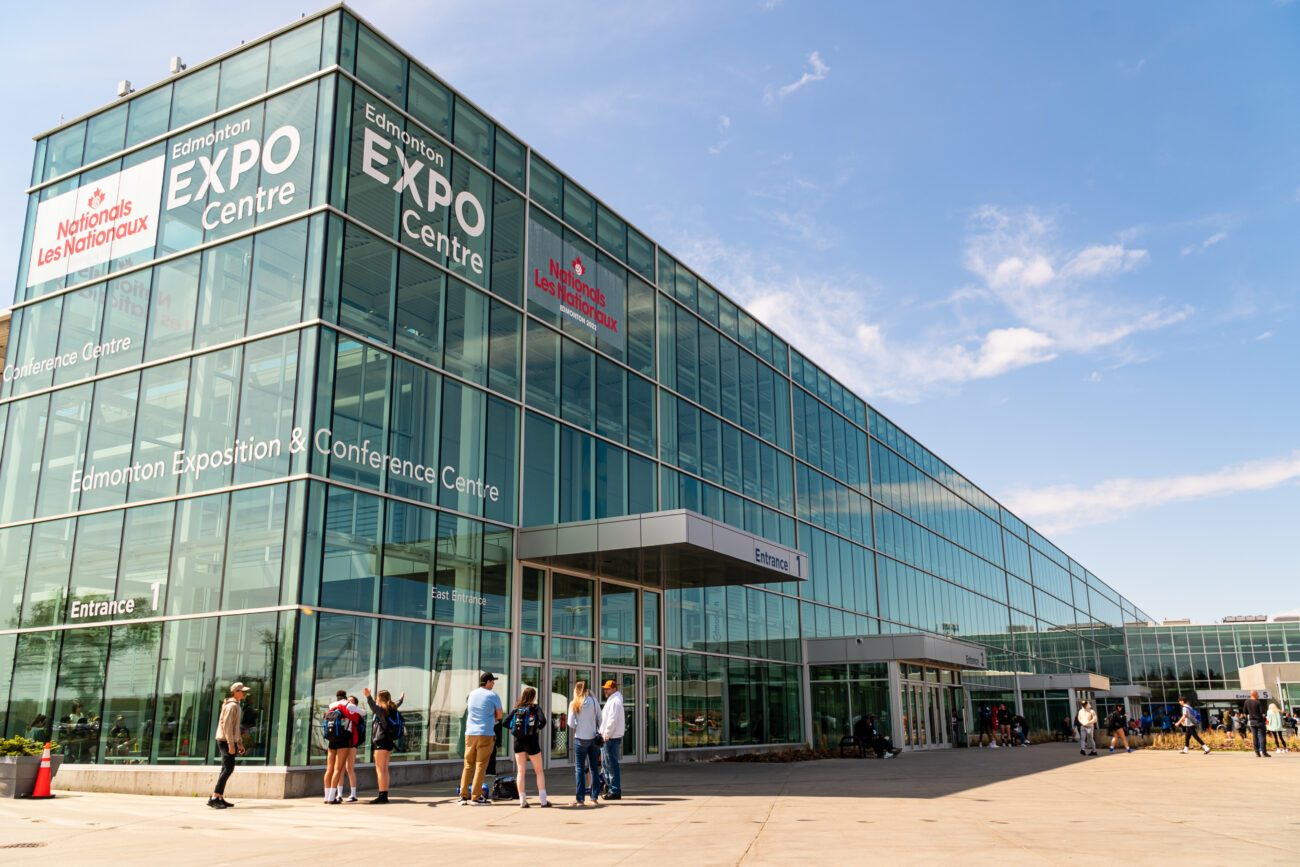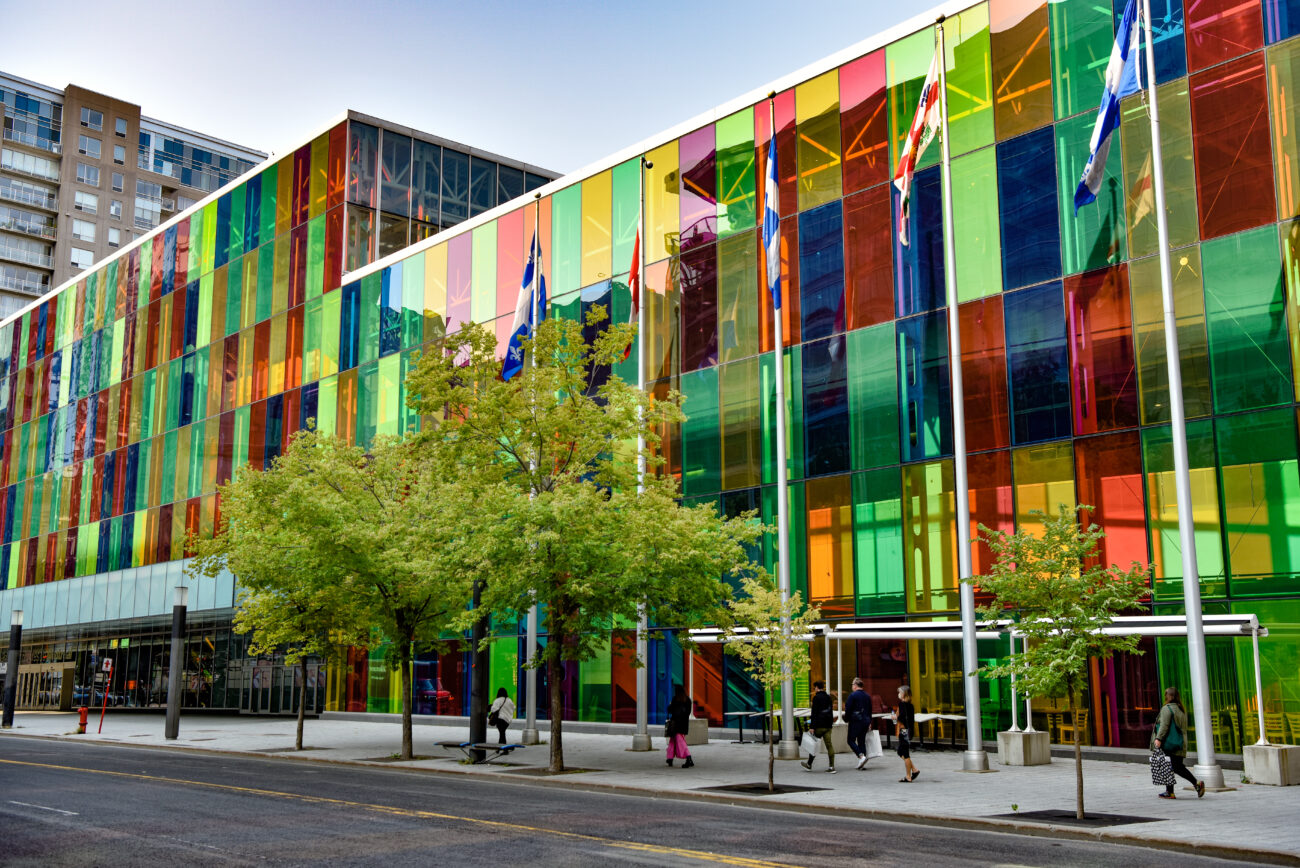2023 has seen record-breaking temperatures and the alarming increase of extreme weather events across our planet.
Sustainability can no longer simply be considered as a nice-to-have option, but as an essential core value that should help drive the ethos of any sector of activity, including the business events industry. Furthermore, sustainability should be seen in a broader sense than just environmental terms but embrace economic and social considerations too.
Destination Canada has gained global recognition for its emerging leadership in the sustainable business events arena, especially in recent times – courtesy of the Canadian Business Events Sustainability Plan, which seeks to bolster the economic, socio-cultural, and environmental sustainability practices of business events hosted in the country.
A crucial part of hosting sustainable events is picking the right venue. However, selecting this venue can be daunting without knowing the essential criteria to consider.
Here are five elements worth taking into account.
Venue Energy Generation & Consumption
Combining clean renewable energy with energy-saving practices can reduce a venue’s dependency on polluting fossil fuels. Here, LEED certifications can help guide event planners’ choice of venue by providing a globally recognized ratings framework for categorizing energy-efficient buildings.
Canada’s business events sector has risen to the challenge by adhering to the strict criteria LEED certification entails.
The Vancouver Convention Centre, for instance, holds Double LEED Platinum certification, being the first and only venue to have attained this accolade. The West building’s six-acre living roof – the largest in Canada and the largest non-industrial living roof in North America – features more than 400,000 indigenous plant and grasses, enriching local biodiversity. This green roof also acts as a powerful insulator, which combined with on-site renewable energy generation, reduces energy costs and maintains the centre at a comfortable temperature around the year.
Similarly, Alberta’s Edmonton EXPO Centre is a Green Key Global Meetings certified and Climate Smart certified venue, with yearly benchmarks in place to track and report its efforts to reduce its environmental impact – in alignment with the UN’s Sustainable Development Goals (UNSDG). The Centre has recently implemented a new solar array with a target of generating 33% of their energy.


There is also the Beanfield Centre at Exhibition Place in Toronto, which is powered with 100% green energy. It was Canada’s first LEED Silver conference centre and is situated close to Canada’s largest exhibition and convention centre, the award-winning LEED Platinum Enercare Centre. There is also a wind turbine located at Exhibition Place’s waterfront that can generate up to one million kilowatt-hours of clean energy per year.
Last but not least is Victoria Convention Centre in British Columbia, which was designated as carbon neutral and has more than halved its electricity use by using LED lighting and real-time energy management systems.
Food & Beverage Sourcing/Options
Agriculture is one of the leading producers of greenhouse gases (GHGs), but much of its impact can be mitigated by choosing less meat and favouring locally sourced food and beverages, which in turn economically supports the local community while building food security resilience.
Sensitive to this issue, Edmonton’s EXPO Centre sources 35% of its food from local suppliers, which reduces the carbon footprint of events while representing an investment of over $400,000 into the local economy.
Calgary’s Grown Right Here program is at the heart of the food and beverage offerings at Stampede Park’s BMO Centre, again promoting and favouring locally-sourced produce with menus featuring the world-famous Alberta beef, locally produced rye whiskey, and wine from neighbouring British Columbia’s Okanagan Valley vineyards.
Waste Handling – Disposal & Donation
Using less and wasting less is key to reducing any event’s environmental impact.
A sustainable venue should have comprehensive and effective waste management systems and initiatives in place and convention centres across Canada have put these principles into practice.
The Metro Toronto Convention Centre specializes in zero-waste events, successfully diverting 90% of waste from landfills since 2014, while the LEED Gold certified Québec City Convention Centre even encourages event planners to get on board by managing event waste and biodegradable materials free of charge.
Engagement with the Community
Conference venues don’t exist in bubbles. They have co-dependent relationships with surrounding communities, both benefitting and benefitting from the many ancillary business and services that go into making an attractive destination.
Whether by being a major employer, purchasing produce from local suppliers, or increasing the number of visitors to the local area, venues can have a major impact on communities.
The Edmonton Convention Centre sources produce from local growers, leading to a reinvestment of more than $750,000 into Edmonton’s economy. Meanwhile, Explore Edmonton offers event planners the opportunity to give back to the community by allocating any number of tickets from their event to a local non-profit group. Its Responsible Events Program was conceived to align with the UNSDGs to ensure that events result in outcomes that work toward common community goals.
The Québec City Convention Centre has a big impact on the community and economy of the entire Québec City area, employing some 1300 people while supporting community projects for residents of the Centre’s Saint-Jean-Baptiste neighbourhood.
Sustainable Initiatives & Financial Support for Sustainable Events
Implementing sustainable initiatives makes it easier for organisations and associations to address and reduce the meeting industry’s environmental impact.
Several venues in Canada offer financial support to encourage event planners to organize sustainable events. For example, under its Eco-Conditionality Policy, Montréal’s Palais de Congrès provides discounts of up to 10% to organizations taking tangible action relating to sustainable development.

The Sustainability Journey
To learn more about successfully hosting sustainable events, planners can contact the Destination Canada team or reach out directly by email to Virginie De Visscher, Acting Executive Director, Business Events, Destination Canada at Devisscher.virginie@destinationcanada.com
Choosing a sustainable venue is just one element of planning and hosting a sustainable event.
One way to ensure that you’re taking the appropriate steps in your sustainability journey is to work with destinations and organisations whose desire for progress aligns with your own.In this regard, the Canadian Business Events Sustainability Plan provides Canadian partners with the tools, knowledge and resources to improve their sustainability offerings, so that they in turn can help clients raise the standards of business events by hosting meeting more sustainably.
So, if you’re looking to host sustainable events, consider Canada.
